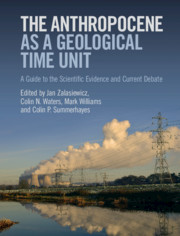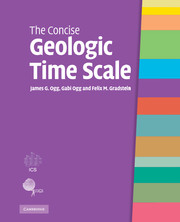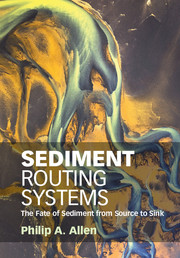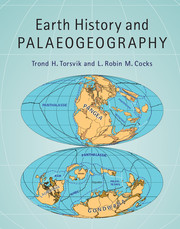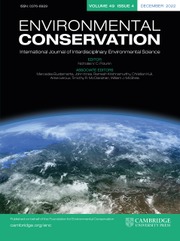The Anthropocene as a Geological Time Unit
The Anthropocene, a term launched into public debate by Nobel Prize winner Paul Crutzen, has been used informally to describe the time period during which human actions have had a drastic effect on the Earth and its ecosystems. This book presents evidence for defining the Anthropocene as a geological epoch, written by the high-profile international team analysing its potential addition to the geological time scale. The evidence ranges from chemical signals arising from pollution, to landscape changes associated with urbanisation, and biological changes associated with species invasion and extinctions. Global environmental change is placed within the context of planetary processes and deep geological time, allowing the reader to appreciate the scale of human-driven change and compare the global transition taking place today with major transitions in Earth history. This is an authoritative review of the Anthropocene for graduate students and academic researchers across scientific, social science and humanities disciplines.
- Tackles a highly topical subject, providing rigorous and systematic coverage of the scientific evidence for an Anthropocene epoch
- Provides an authoritative overview, written by the team tasked by the International Commission on Stratigraphy to investigate the case for the inclusion of an Anthropocene epoch in the geological time scale
- Discusses where a 'golden spike' or clear boundary marker for the beginning of an Anthropocene epoch might be located
Reviews & endorsements
'A very timely account of the progress and problems in defining the Anthropocene from its geological signature. The authors have brought together a plethora of scattered evidence to clarify where the science is now, and how it will impact on so many fields, from atmospheric and ocean chemistry to the legal system. This book will be hard to beat as a summary of the impact of humankind on the permanent record that will be entombed in the rocks of the future.' Richard Fortey, FRS, Natural History Museum
'Geologists' notion of the Anthropocene is one of the most powerful frames through which we can redefine humanity's changing relationship with the planet, and this hugely impressive book provides the definitive scientific account.' Iain Stewart, BBC TV presenter, University of Plymouth
'… this book constitutes evidence of the epistemological development of the Anthropocene, from simple conjecture to a body of hypotheses merged into an interdisciplinary scientific theory.' Eugenio Luciano, Global Environment
'… this book is the most definitive and up-to-date reference work for anyone working on or interested in the geological case for the Anthropocene.' Leon Vlieger, Natural History Book Service
Product details
March 2019Hardback
9781108475235
382 pages
253 × 193 × 22 mm
0.99kg
135 b/w illus.
Available
Table of Contents
- 1. History and development of the Anthropocene as a stratigraphical concept Jan Zalasiewicz, Colin Waters, Mark Williams, Colin Summerhayes, Martin Head, Reinhold Leinfelder, Jacques Grinevald, John McNeill, Naomi Oreskes, Will Steffen, Scott Wing, Phil Gibbard, Davor Vidas, Trevor Hancock and Anthony Barnosky
- 2. Stratigraphic signatures of the Anthropocene Bob Hazen, Jan Zalasiewicz, Colin Waters, Andy Smith, Neil Rose, Agnieszka Gałuszka, An Zhisheng, Simon Price, Daniel deB. Richter, Sharon A Billings, James Syvitski and Colin Summerhayes
- 3. The biostratigraphical signature of the Anthropocene Mark Williams, Anthony Barnosky, Jan Zalasiewicz, Martin Head, Ian Wilkinson, David Aldridge, Colin Waters, Valentin Bault and Reinhold Leinfelder
- 4. The tectonosphere and its physical stratigraphical record Peter Haff, Jan Zalasiewicz, Colin Waters, Mark Williams, Anthony Barnosky, Reinhold Leinfelder and Juliana Ivar do Sul
- 5. Anthropocene chemostratigraphy Ian Fairchild, Jan Zalasiewicz, Colin Summerhayes, Colin Waters, Reinhold Leinfelder, Agnieszka Gałuszka, Michael Wagreich, Neil Rose, Irka Hajdas and Catherine Jeandel
- 6. Climate change and the Anthropocene Colin Summerhayes and Alejandro Cearreta
- 7. The stratigraphical boundary of the Anthropocene Jan Zalasiewicz, Colin Waters, Mark Williams, Colin Summerhayes, Eric Odada, Michael Wagreich, Erich Draganits, Matt Edgeworth, J. R. McNeill, Will Steffen and Martin Head
- References
- Index.

